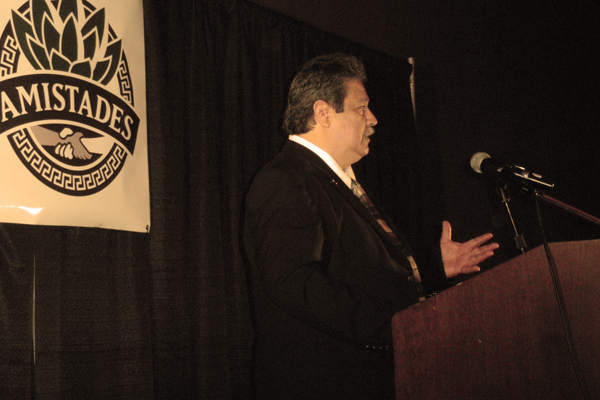
Founding Chief Executive Officer, Ricardo M. Jasso
2007 Segundo de Febrero Commemoration Dinner
In 2006, Ricardo Jasso founded Amistades, Inc a Latino-led, Latino-serving non-profit committed to race and equity issues in Southern Arizona through the provision of culturally responsive services, advocacy for social justice, and community empowerment. Ricardo grew up in San Antonio, Texas, in a time when structural racism was the norm. As a young boy in the barrio, he felt the daily pain of discrimination and the constant fear associated with it. Working the farm fields over the summer, he saw the social injustice of hardworking Latino men and women enduring long hours, low wages, and poor living conditions. But he did not sit idly by.
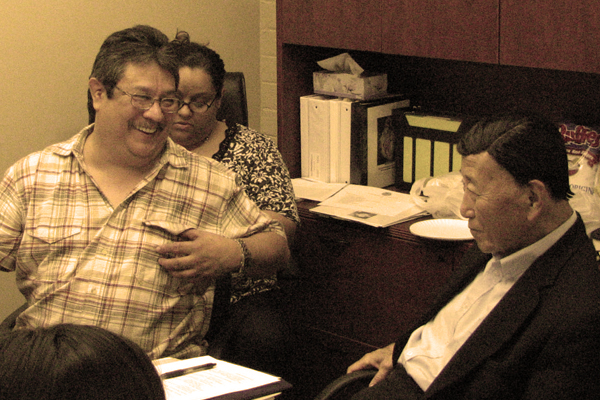
Founding Chief Executive Officer, Ricardo M. Jasso
Inaugural Segundo de Febrero Community Leadership Awardee, Henry “Hank” Oyama
Amistades’ 1st Office, Midtown Tucson
Ricardo engaged directly in Chicano activism from a young age, and also sought to better understand how to effectively identify and address intergenerational stress from historical trauma experienced by Mexican American individuals and groups. He wanted to find ways – through education and community-driven services – to address the internalization of negative perceptions and stereotypes by Mexican Americans that led to self-hate and alienation, lowered self-esteem, and overall ethnic identity conflict. He developed a cultural assessment model featuring an Acculturation Rating Scale that would scientifically measure self-perception of Latino cultural identity, which was emerging in research as a key underlying factor in physical and emotional health. This 20-question scale, published with co-author Israel Cuellar in 1980, was the first of its kind in the field, and was a lynchpin in unlocking first-person insight into the role that acculturation plays in the life of a Mexican American.
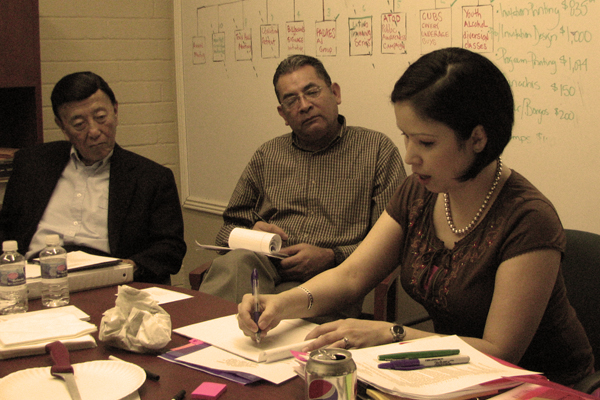
Henry “Hank” Oyama
Founding Board Member, Claudia Jasso
2009 Segundo de Febrero Commemoration Planning Meeting
For the next 30 years, Latino scholars built on this instrument to measure acculturation and illustrate cultural self-awareness, as Ricardo developed a highly effective practice-based model for Latino community engagement in parallel. This practice-based model came to life as Amistades. It represents the culmination of Ricardo’s knowledge, experience, and passion for community advocacy and raising the voice of the underserved.
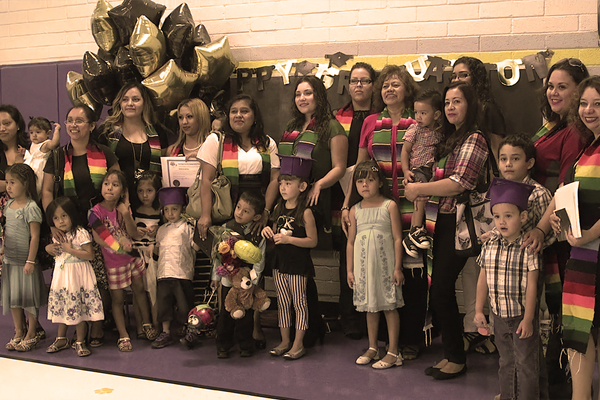
Razalogia Family Program Participants
2014 Graduation
Amistades sprung from a dream to engage with the Latino community differently to find a new way to harness cultural strengths, without centering the status quo of Whiteness and system racism, by and for the Latino community in the Southwest. Latinos have always had the strength and power within themselves and their community to work through thorny and complicated issues. Unfortunately, much of this strength has been negated by colonial and racist structures in the Southwest. Amistades seeks to regain the community-driven power that Latinos have been denied for centuries. Amistades has been called the invisible glue within the Tucson community – filling in where traditional systems have not engaged, bridging the divide between the underserved and the highest levels of that system, and advocating at all levels for all.
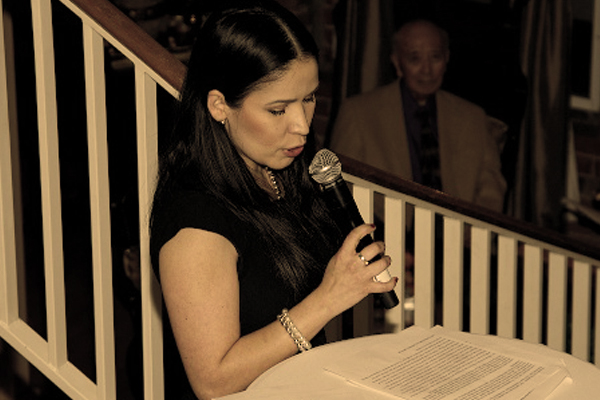
President and Chief Executive Officer, Claudia Jasso
This initial dream has grown substantially. Amistades today – under the leadership of President and Chief Executive Officer Claudia Jasso, with an annual operating budget of over $2M and two offices that cover all of Southern Arizona and the border region – is the result of that dream. Amistades and its anti-racist work grounded in community empowerment is now a sustainable reality that impacts the lives of thousands of Latinos in Arizona and throughout the United States. Its strategically effective approach to Latino community empowerment has been recognized and funded by numerous federal, local, and foundation partners, including the U.S. Department of Health and Human Services, the Arizona Governor’s Office of Youth, Faith, and Family, and the Robert Wood Johnson Foundation.
Contributors:
John M. Ruiz, Ph.D.
Carol Carpenter
